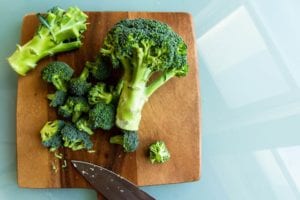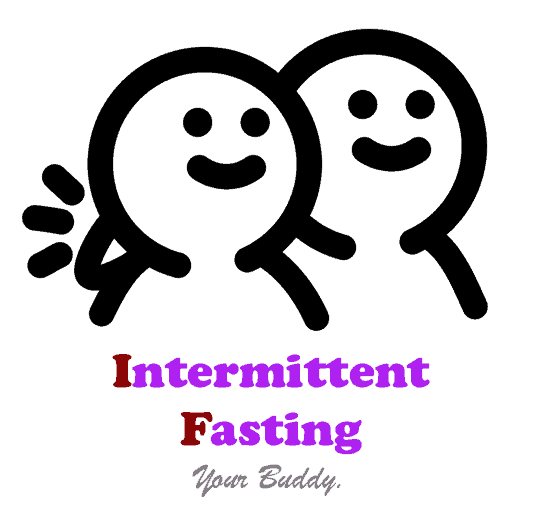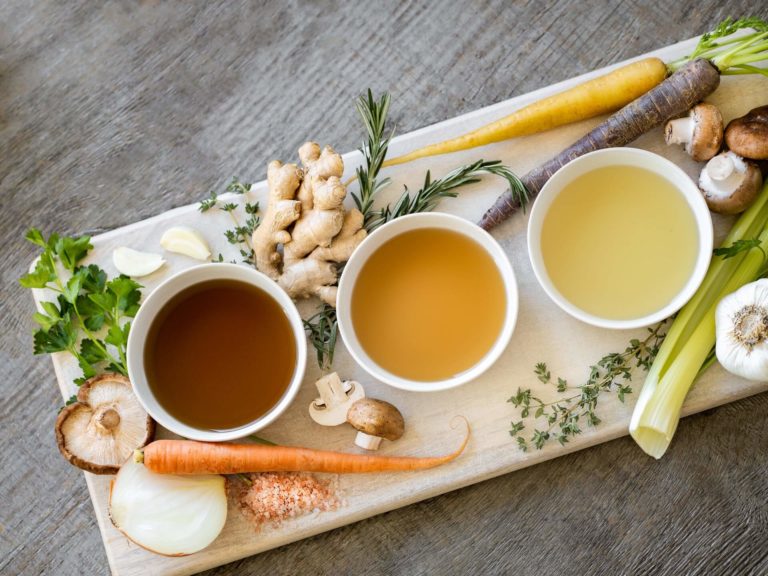Intermittent fasting is a great diet for anyone trying to lose weight, manage blood sugar issues, autophagy, and longevity, but also for gut rest. However, fasting for extended periods of time can get a little hard sometimes and you might start wondering what you can have during your fast to make it easier. One of the things that come to mind is broth. But will vegetable broth break a fast?
The answer depends on several factors such as the type of fast you’re on and your reasons for fasting. Some fasts require you to stay under 5 kcals and 1-2 carbs. In that case, vegetable broth might be a ‘no’. Other methods will allow you to have up to 50 kcals during your fasting window. In this case, vegetable broth is most likely ok. But these are only some of the variables to consider.
So let’s take a closer look at this topic and when is it ok to have vegetable broth, what are its benefits and its side effects.
Will vegetable broth break a fast?
First of all, it depends on the type of intermittent fasting diet you’re following. If you’re on a very strict fast, one that allows only 1-2 calories and 1-2 grams of carbs, vegetable broth will most likely be out of question. A lot depends on how the broth is made: you’re generally safer when making it at home, as store-bought ones usually have additives and more calories. However, in strict fasts, vegetable broth is usually a ‘no’.
More relaxed fasting methods (like the 16/8 Leangains method) allow you to have up to 50 calories during your fasting window. Since most vegetable broths will be under this value, it’s safe to say you can consume it. Of course, you need to pay attention to the quantity so that you don’t go over your caloric allowance.
If you’re fasting more with a certain goal in mind and don’t care so much about the calories, the discussion will vary again. For instance, if your goal is weight loss or blood sugar management, a small quantity of vegetable broth is usually ok.
However, those fasting for gut rest will find a different answer. Vegetable broth is digested in the gut, so this type of fast will be broken.
Finally, if you’re fasting for autophagy, there is no definitive answer for you as there is no research in this area. In other words, if you’re worried autophagy will be inhibited, it is best to only consume vegetable broth during your eating window.
Effects of vegetable broth
Benefits
Whether you drink it during your fast or your eating window, vegetable broth has a lot of health benefits.
1. It is a source of fiber
If you want a way to increase the fiber in your diet but don’t want to eat more fruits and vegetables, broth is a great way to do it. Due to its high fiber content, it will improve digestion and it can even soothe many issues such as constipation or bloating.
2. It contains a lot of nutrients
The main nutrients are sodium, vitamins A, B1, B2, B5, plus other minerals like calcium and magnesium. It is a great way to boost your nutrient intake when you’re doing intermittent fasting. Since you’re cutting out 1 or maybe 2 meals per day, you’re getting fewer chances to get consume some healthy vitamins and minerals. Adding a cup of broth will be a great solution.
3. It helps you have healthy bones, skin, and eyes
Believe it or not, vegetable broth is high in calcium, which means it helps promote bone health. The minerals it contains are also perfect for your skin – they’ll help silkier with a healthy glow. Finally, vitamin A is a key ingredient for eye health. Therefore, vegetable broth can help you maintain healthy vision and even prevent issues like cataracts and glaucoma.
Read also: Can Intermittent Fasting Cause Acne?
4. It helps fight inflammation
Vegetable broth is also known as being a great anti-inflammatory. As a result, it can decrease pain associated with inflammation.
Vegetable broth will also help boost your immune system. This is both due to its anti-inflammatory effect, but also due to its high vitamin and mineral content.
5. It is antioxidant
As a great antioxidant, vegetable broth helps your body get rid of free radicals. Free radicals are responsible for early signs of aging, and other diseases, so eliminating them will be highly beneficial for your overall health.
Side effects
In moderate quantities, vegetable broth should have few side effects. The only risk is digestive upset such as diarrhea, which is usually due to the high fiber content. Intolerance to some vegetables could also put you at risk – the easiest way to avoid this is making your own broth with ingredients you know you digest well.
Does drinking vegetable broth make you lose weight?
Yes, vegetable broth can aid weight loss. Due to its high fiber content, it helps keep a healthy digestive system, which in turn helps you maintain your weight. There are also claims that vegetable broth may improve your metabolism, which means you’ll find it easier to lose weight.
The vitamins and minerals, as well as the electrolytes, could also help you maintain stable blood sugar levels. This will help prevent cravings and overeating, which again could promote weight loss.
Remember though, vegetable broth is not a replacement for a healthy diet. If the only change you’re bringing to your daily diet is adding vegetable broth, you may not see the effects you want.
This is a great tutorial on how to make vegetable broth at home:
The bottom line
Will vegetable broth break a fast? It might, depending on the fasting method you’re following and the goals you have for fasting. If your fasting method allows up to 50 calories and/or if you’re fasting for weight loss and metabolic health, vegetable broth is likely ok in a moderate quantity. The same isn’t true for those following a stricter fast or those fasting for gut rest or autophagy. In these cases, you can still enjoy all the benefits of vegetable broth, but only in your eating window.


1 thought on “Will Vegetable Broth Break a Fast?”